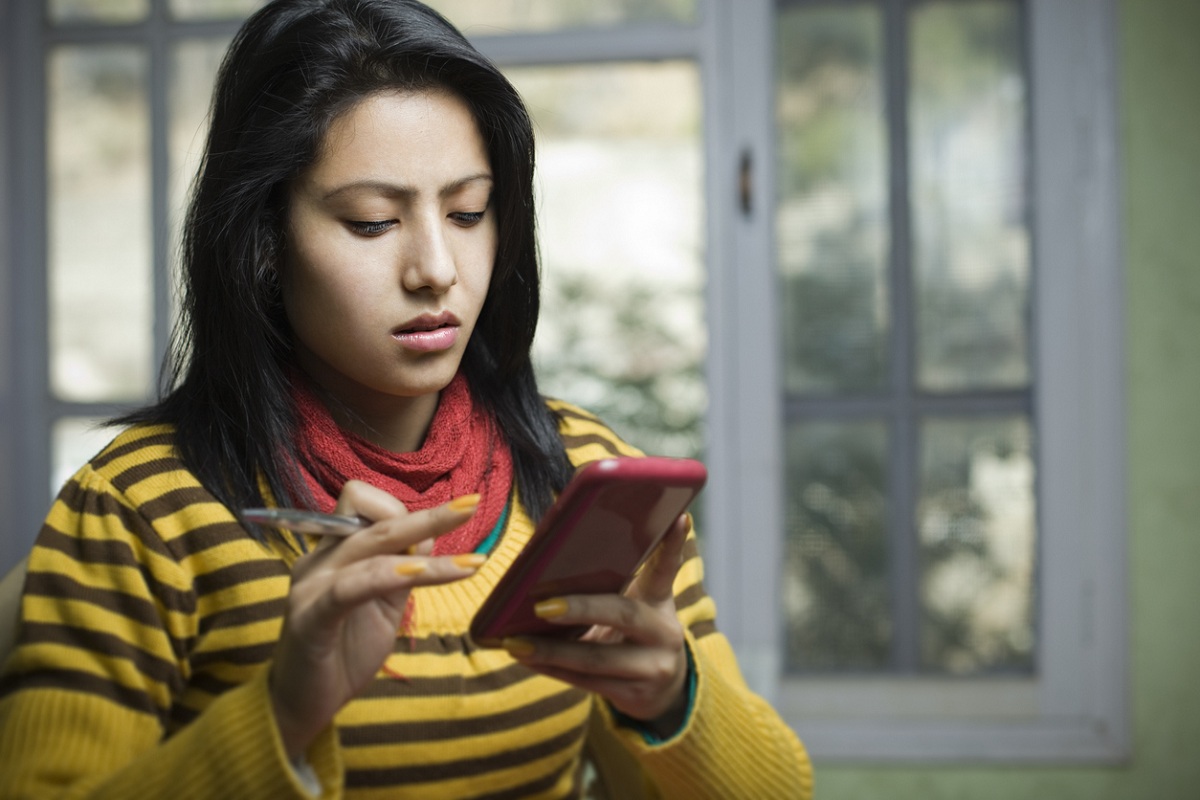Archana Puran Singh opens up about battle with anxiety
Renowned actor Archana Puran Singh shares her personal journey dealing with anxiety, offering insights and encouragement in a heartfelt Instagram post.
Research carried out in the United States by Common Sense Media found that teenagers spend an average of 7 hours and 22 minutes on their phone each day

Impact of social media on teen(Representational Image: iStock)
Various studies have shown the dramatic negative effects that excessive use or overdose of social media affects the mental health of users, especially the teenagers who report a rise in the incidence of depression, stress, and anxiety.
Even though the social media platforms have been undergoing rapid growth in various parts of the world, notably India, the enforced lockdowns saw a huge increase of 70 pc. Indians on average, spend about 2.25 hours on social media daily, slightly below the global average of 2.5 hours a day.
The number of social media users has grown consistently and even in the year 2021 to 448 million, boosted mainly by the wide use of smartphones across India, while the number of Internet users has grown to around 624 million, covering roughly 45 pc of the total population of India. Teenagers and adolescents in the age group of 13-19 years, constitute 31 pc of total social media users in India, according to the data website, Statista.
Advertisement
It’s no secret social media has become an essential part of the average teenager’s everyday life. Whether it’s sharing photos on Instagram, messaging friends on Snapchat, or choreographing a dance on TikTok, teens are enveloped by the online world of social media.
But is social media good for teenagers? Can the potential benefits balance out the well-documented problems?
The impact of social media on teenagers can be significant. It’s not just a case of losing sleep and getting distracted during the day – social media can have far-reaching negative effects on a teen’s mental health.
As the adolescent brain is still developing, it’s more vulnerable to time online. And since teens can sometimes struggle to self-regulate their screen time, their exposure – and the risk of harm – increases. As a result, teen social media use often correlates with:
With the younger ones at home and spending major time on their devices, the ability to escape these stressors may be further diminished. Youth may also be more likely to come across inappropriate content, depicting, for example, peers engaging in risky behaviours (e.g., substance use, dangerous ‘stunts’) or even self-injurious behaviours the phenomenon of Fear of Missing Out (FoMO), which often occurs through social media, is associated with anxiety, loneliness, and depression. At any time, youth may worry that peers are engaged in rewarding social interactions without them online, prompting increased screen time and pressure to respond to posts and messages, the study says.
Research carried out in the United States by Common Sense Media found that teenagers spend an average of 7 hours and 22 minutes on their phones each day. And this screen time doesn’t even include any schoolwork or activities related to reading or listening to music.
While there are many downfalls of social media, there are benefits for teenagers as well. Social media platforms allow teens to:
There are many positives associated with social media, and teens need to develop social media savviness to prepare them for adulthood where, undeniably, social media remains a major part of daily life. You can work with your teen to help them find the right balance between social media and their mental health.
Advertisement